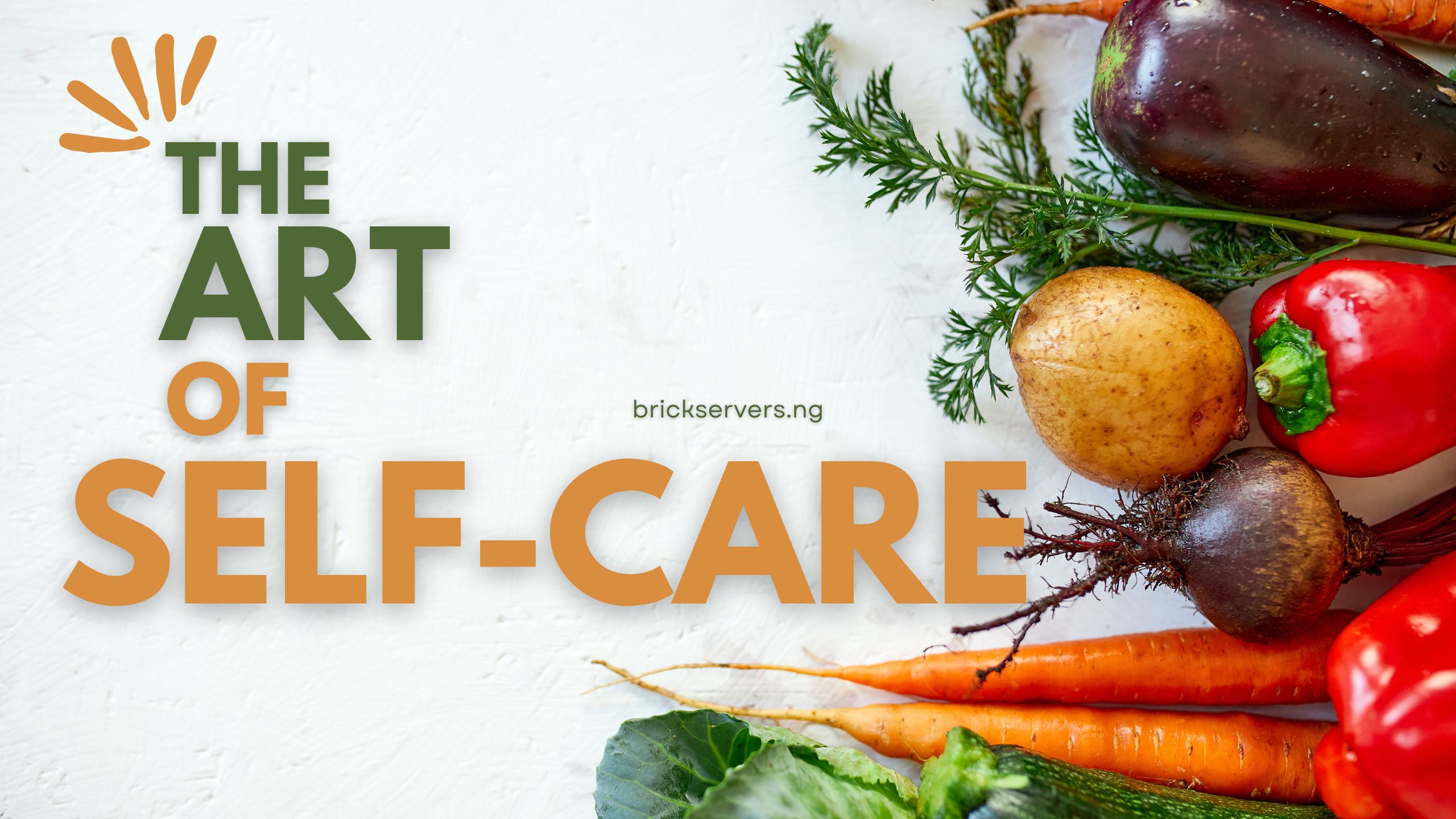In the midst of life’s demands and responsibilities, taking care of yourself often takes a backseat. However, self-care is not a luxury but a necessity for maintaining overall well-being and finding balance in your life. Here’s a comprehensive guide with detailed tips and techniques to help you master the art of self-care:
1. Practice Mindfulness and Meditation: Mindfulness involves being present in the moment, free from judgment or distraction. Start your day with a few minutes of deep breathing or mindfulness meditation. Focus on your breath, sensations in your body, or the sounds around you. Regular practice can reduce stress, increase self-awareness, and improve overall mental clarity.
2. Prioritize Sleep: Quality sleep is essential for physical and mental health. Create a relaxing bedtime routine to signal to your body that it’s time to wind down. Avoid screens before bed, keep your bedroom cool and dark, and limit caffeine and alcohol intake. Aim for seven to eight hours of uninterrupted sleep each night to feel rested and rejuvenated.
3. Nourish Your Body with Healthy Foods: Fuel your body with a balanced diet rich in fruits, vegetables, whole grains, lean proteins, and healthy fats. Avoid processed foods, sugary snacks, and excessive caffeine or alcohol. Stay hydrated by drinking plenty of water throughout the day. Pay attention to how different foods make you feel and prioritize nourishing your body with wholesome, nutrient-rich meals.
4. Move Your Body Regularly: Physical activity is vital for overall health and well-being. Find activities that you enjoy and make them a regular part of your routine. Whether it’s walking, jogging, yoga, dancing, or cycling, aim for at least 30 minutes of moderate exercise most days of the week. Exercise boosts mood, reduces stress, and improves cardiovascular health, among other benefits.
5. Set Boundaries and Learn to Say No: Establish healthy boundaries to protect your time, energy, and well-being. Learn to say no to commitments and activities that don’t align with your priorities or values. Communicate your needs and limits clearly and assertively. Setting boundaries helps prevent burnout, reduce stress, and maintain healthy relationships.
6. Cultivate Healthy Relationships: Nurture supportive and positive relationships with friends, family, and colleagues. Surround yourself with people who uplift and inspire you, and limit time spent with those who drain your energy or bring negativity into your life. Make time for meaningful connections, whether it’s through shared activities, quality conversations, or acts of kindness.
7. Engage in Activities That Bring You Joy: Make time for hobbies, interests, and activities that bring you joy and fulfillment. Whether it’s reading, gardening, painting, playing music, or spending time in nature, prioritize activities that nourish your soul and recharge your spirit. Engaging in activities you love boosts mood, reduces stress, and enhances overall well-being.
8. Practice Gratitude and Positive Thinking: Cultivate an attitude of gratitude by focusing on the things in your life that you’re thankful for. Keep a gratitude journal, where you can write down three things you’re grateful for each day. Practice positive thinking by reframing negative thoughts and focusing on solutions rather than problems. Cultivating gratitude and positive thinking can improve resilience, increase happiness, and enhance overall life satisfaction.
9. Unplug and Disconnect: Take regular breaks from screens and technology to recharge and reconnect with yourself and the world around you. Set boundaries around screen time, limit exposure to news and social media, and carve out time for digital detoxes. Spend time outdoors, engage in offline hobbies, or simply sit in silence and reflect. Unplugging allows you to reduce stress, improve focus, and cultivate a greater sense of presence and mindfulness.
10. Seek Professional Support When Needed: Don’t hesitate to seek professional support from a therapist, counselor, or healthcare provider if you’re struggling with stress, anxiety, depression, or other mental health concerns. Therapy can provide valuable support, guidance, and coping strategies to help you navigate life’s challenges and cultivate resilience. Remember that seeking help is a sign of strength, not weakness, and there is no shame in reaching out for support when you need it.
In conclusion, self-care is a vital practice for maintaining balance, resilience, and overall well-being. By prioritizing mindfulness, sleep, nutrition, movement, boundaries, relationships, joy, gratitude, unplugging, and seeking support, you can cultivate a more balanced and fulfilling life. Remember to prioritize self-care regularly, as it is essential for your health, happiness, and longevity.






